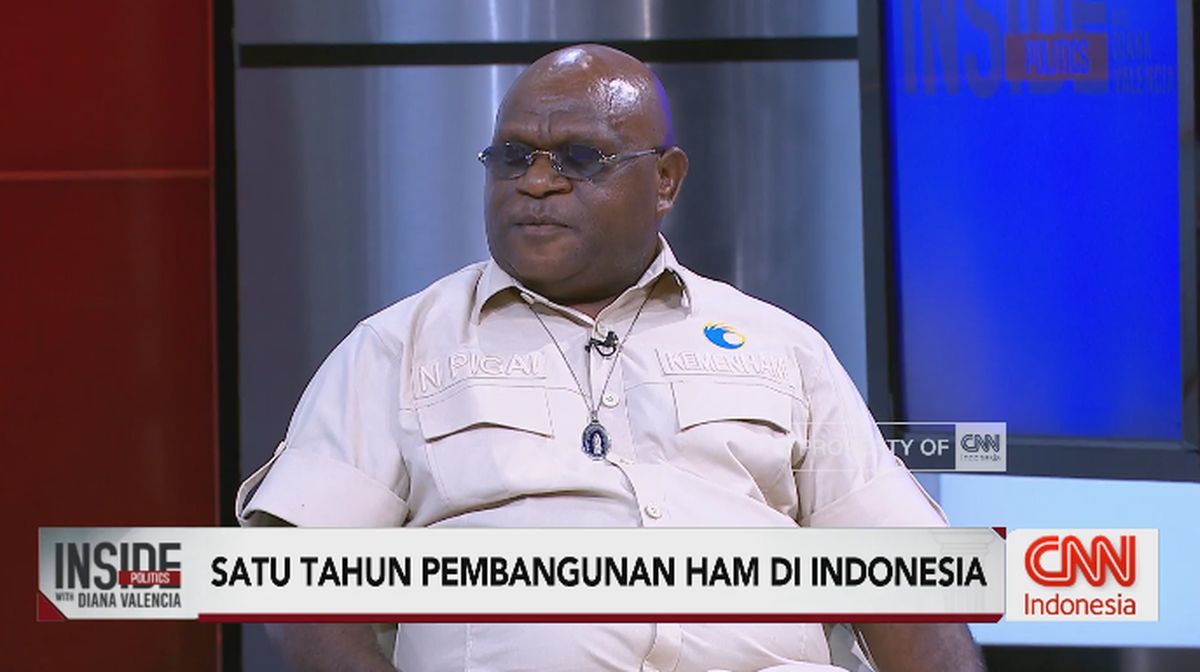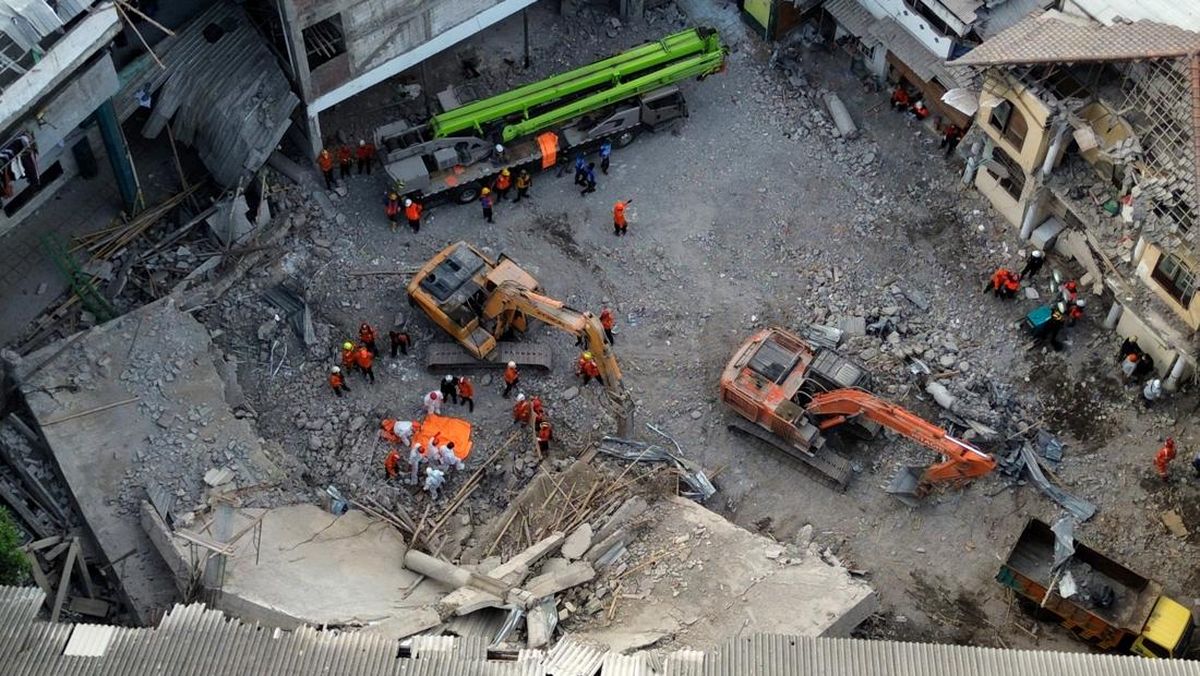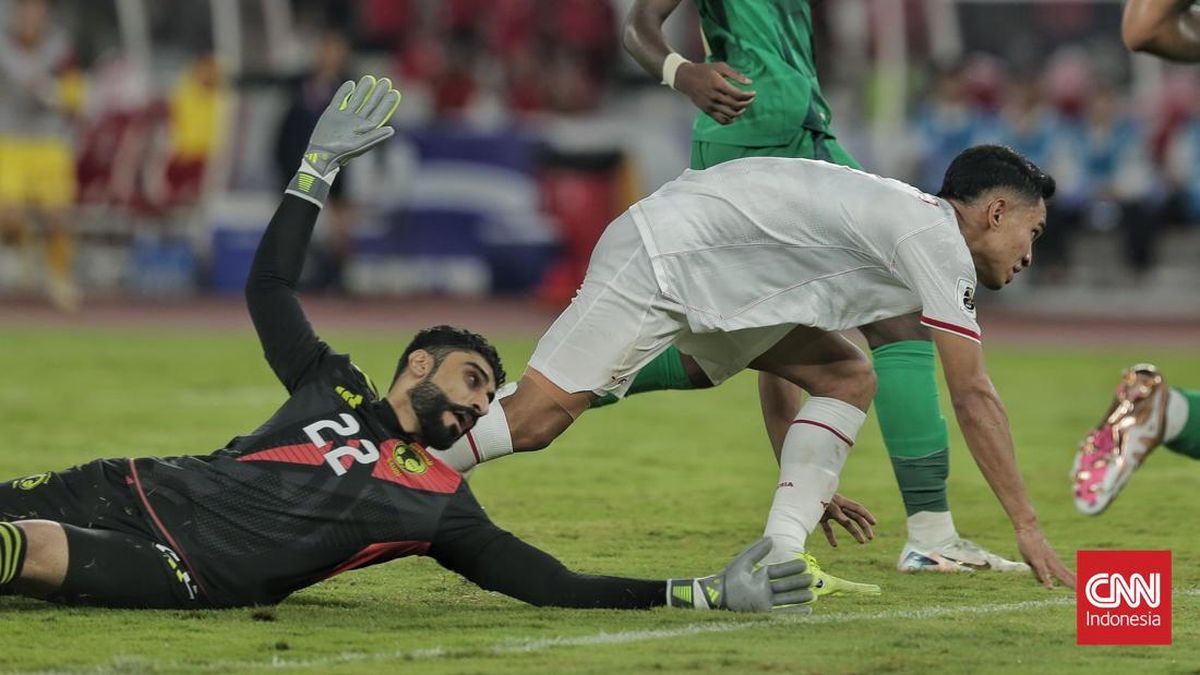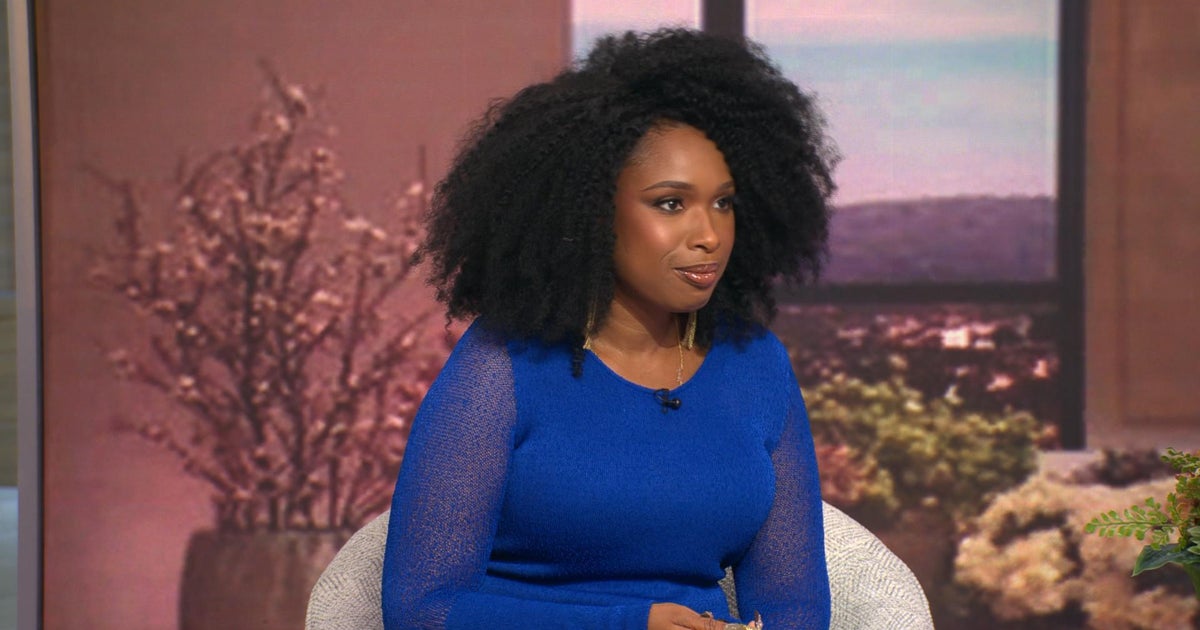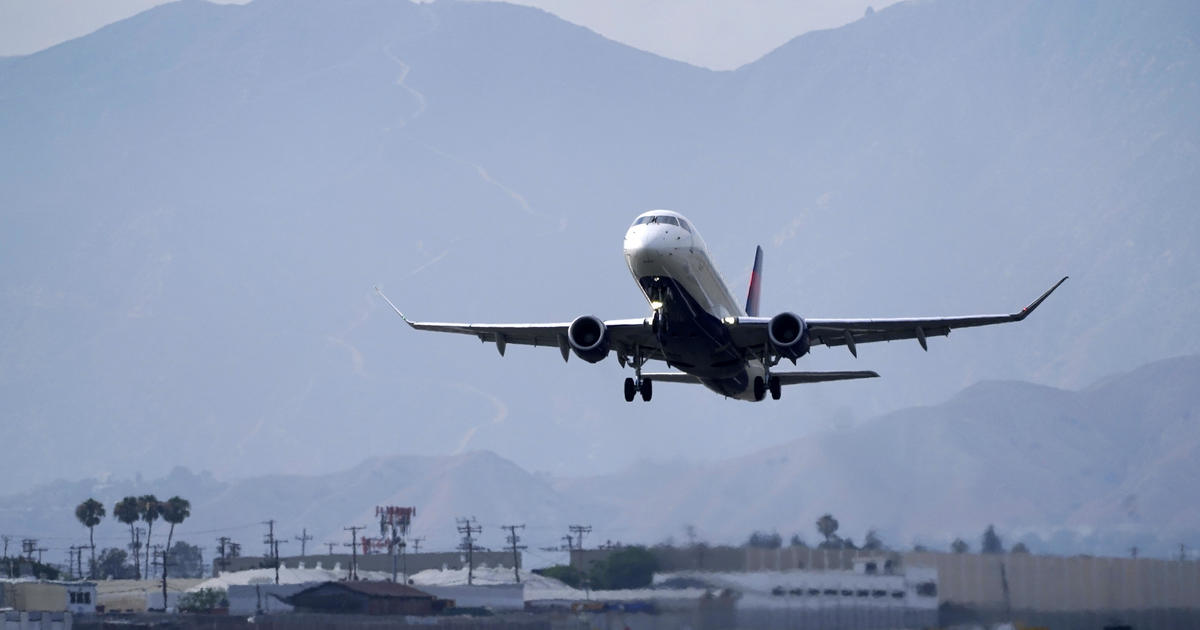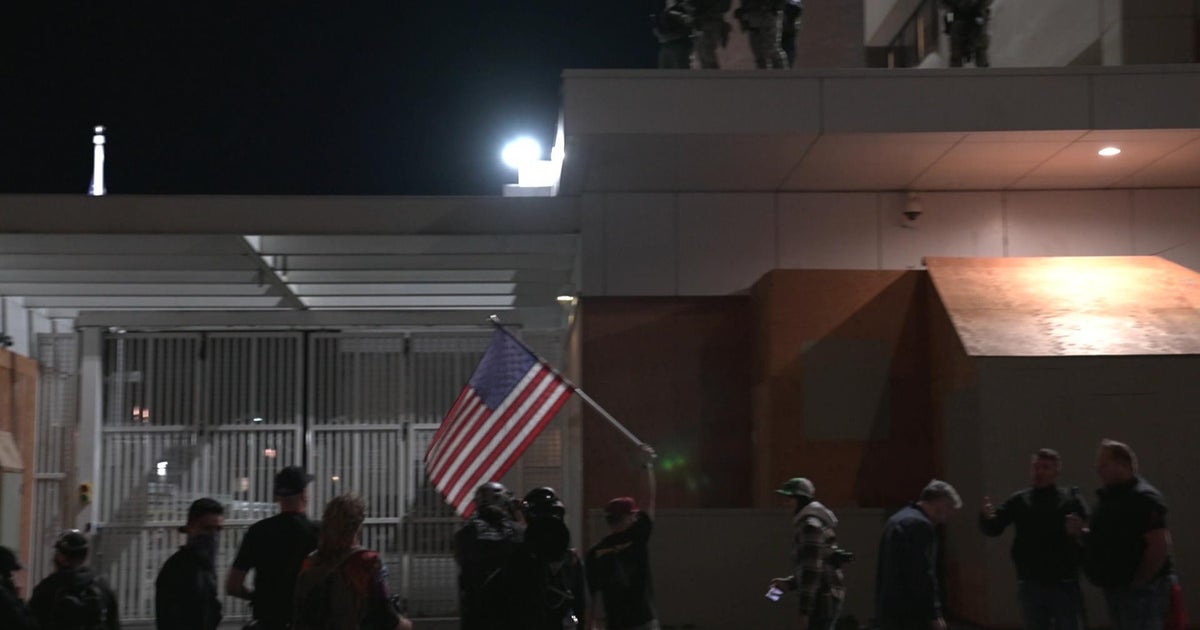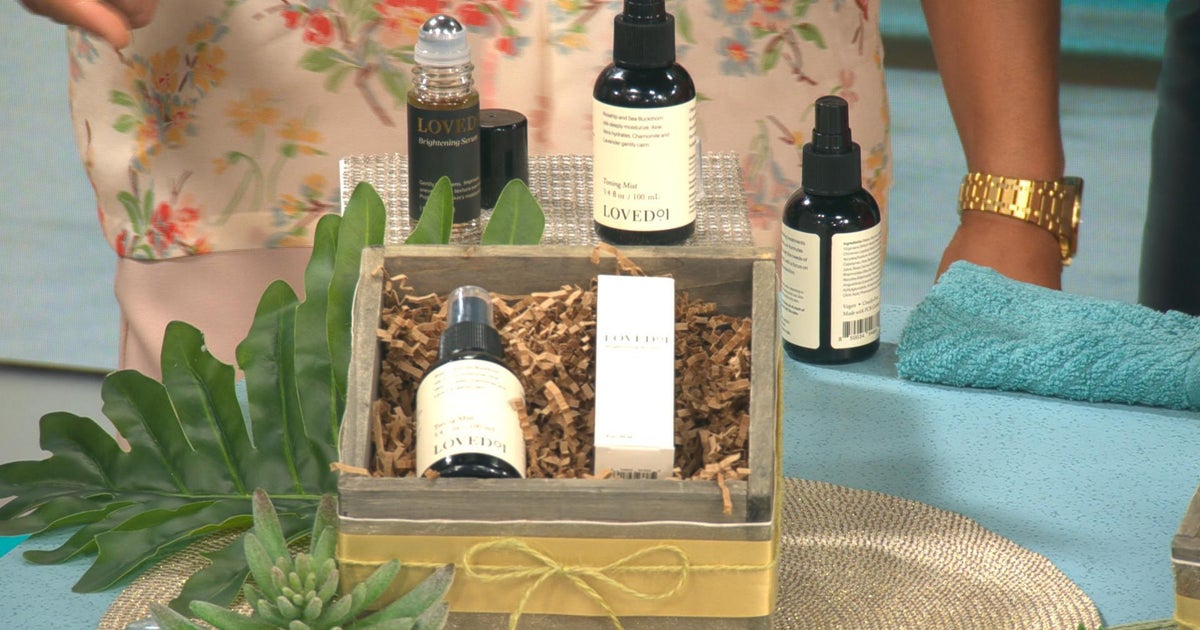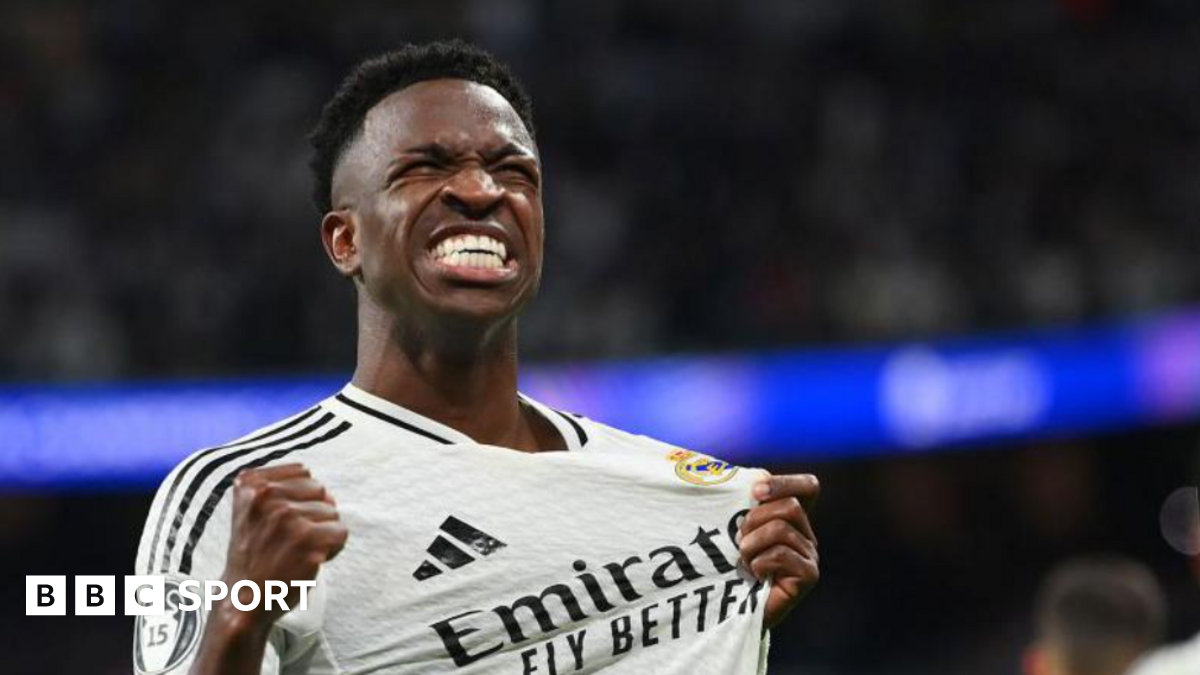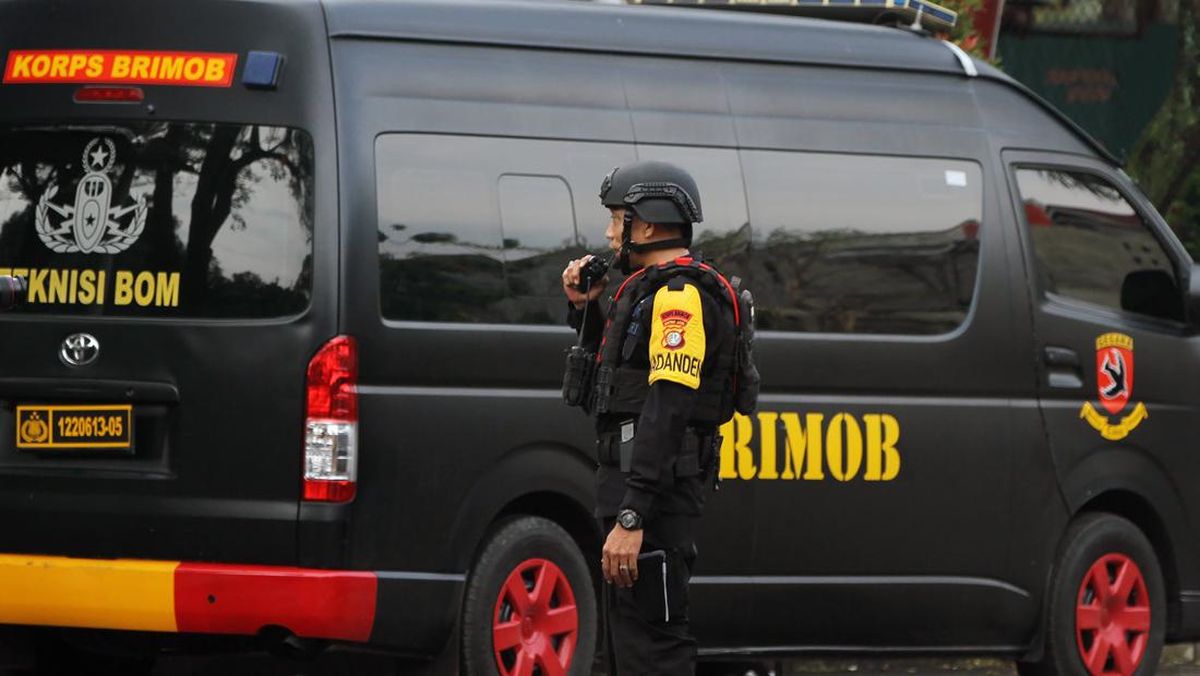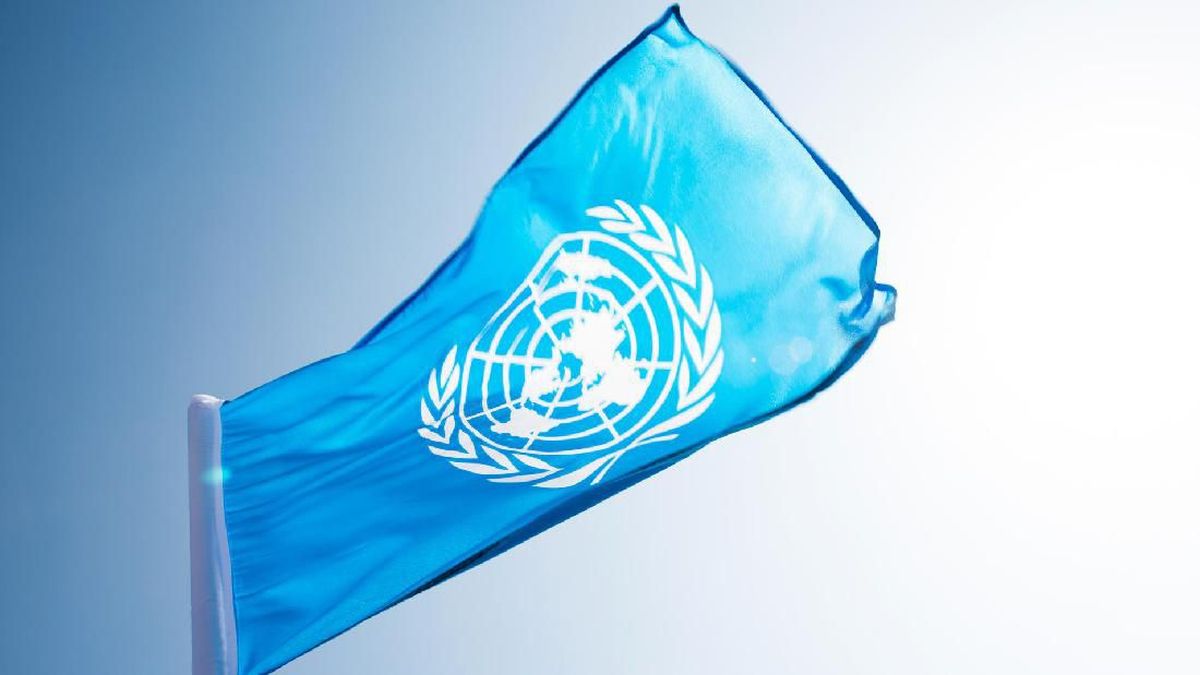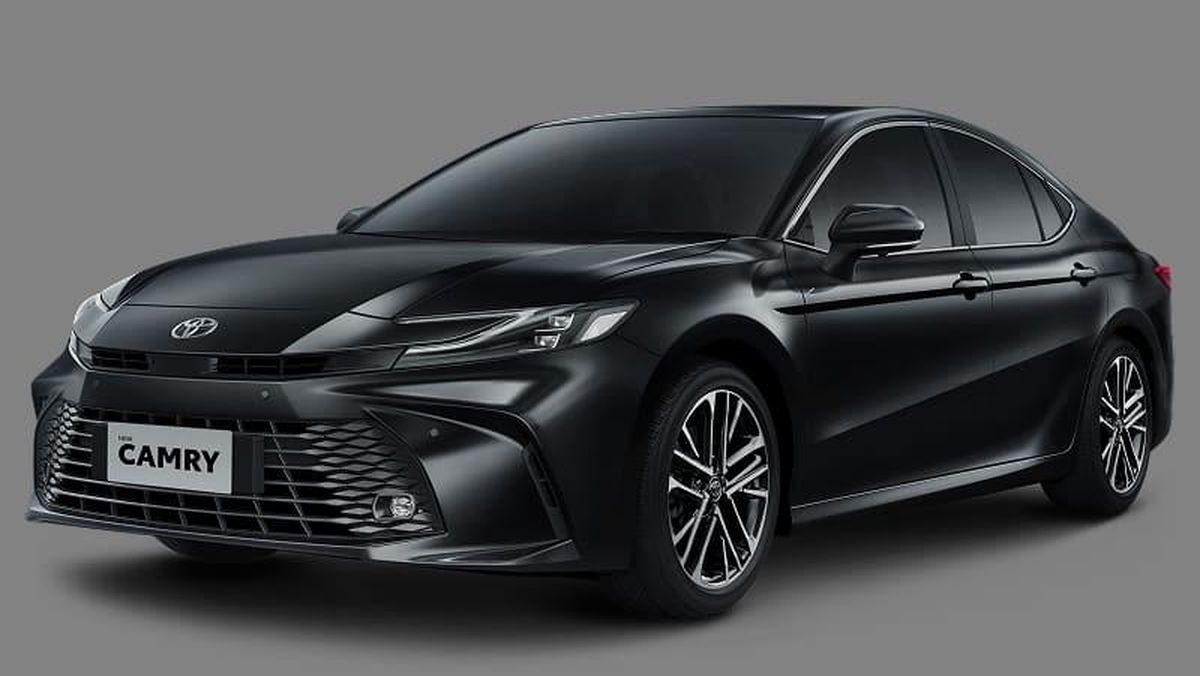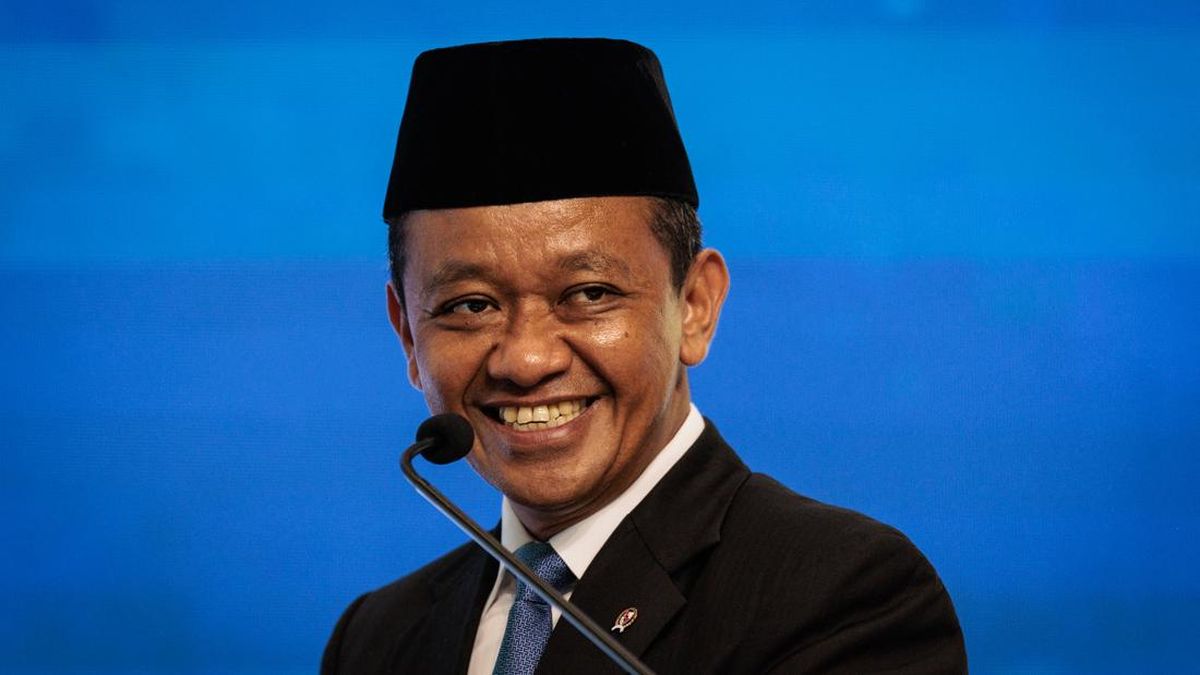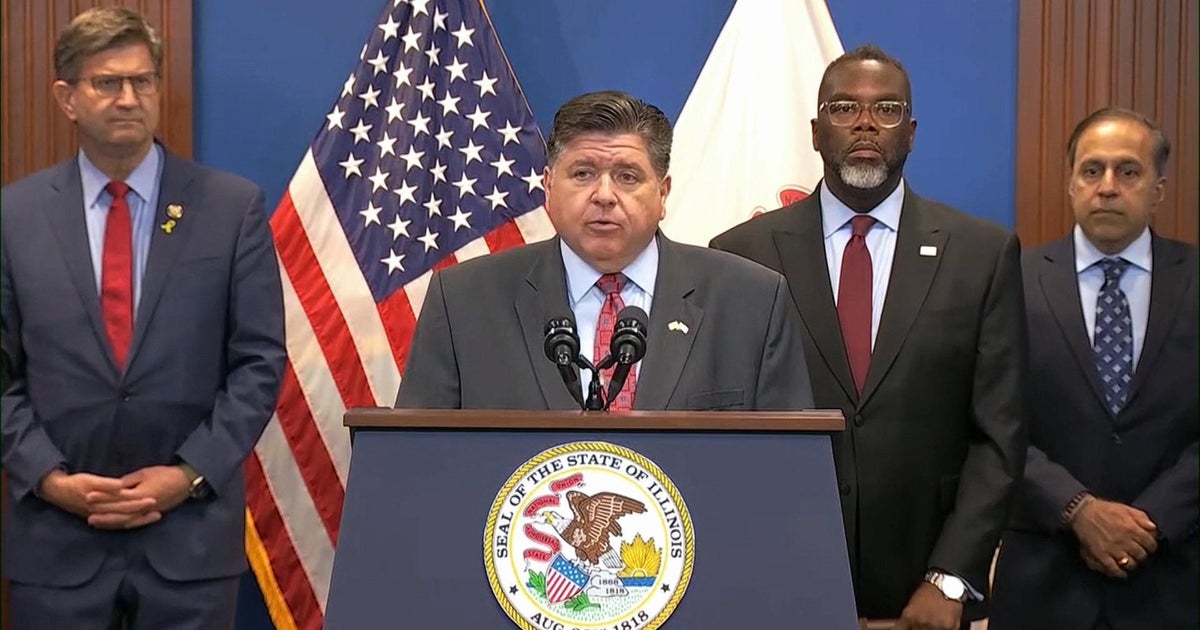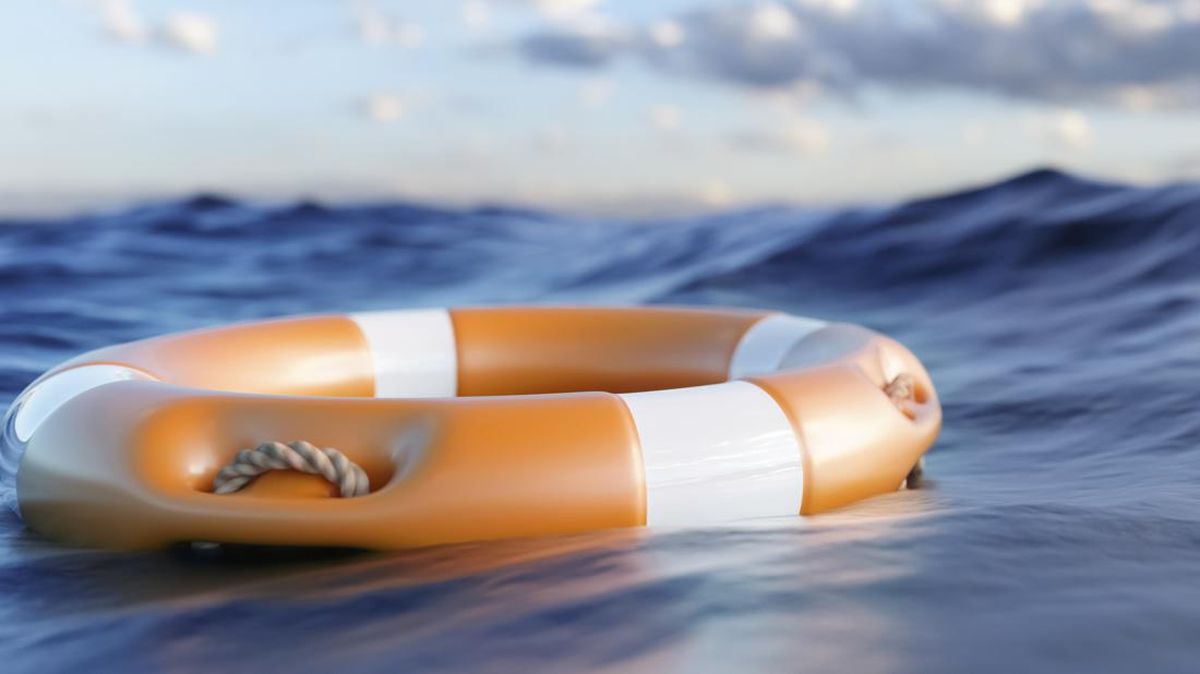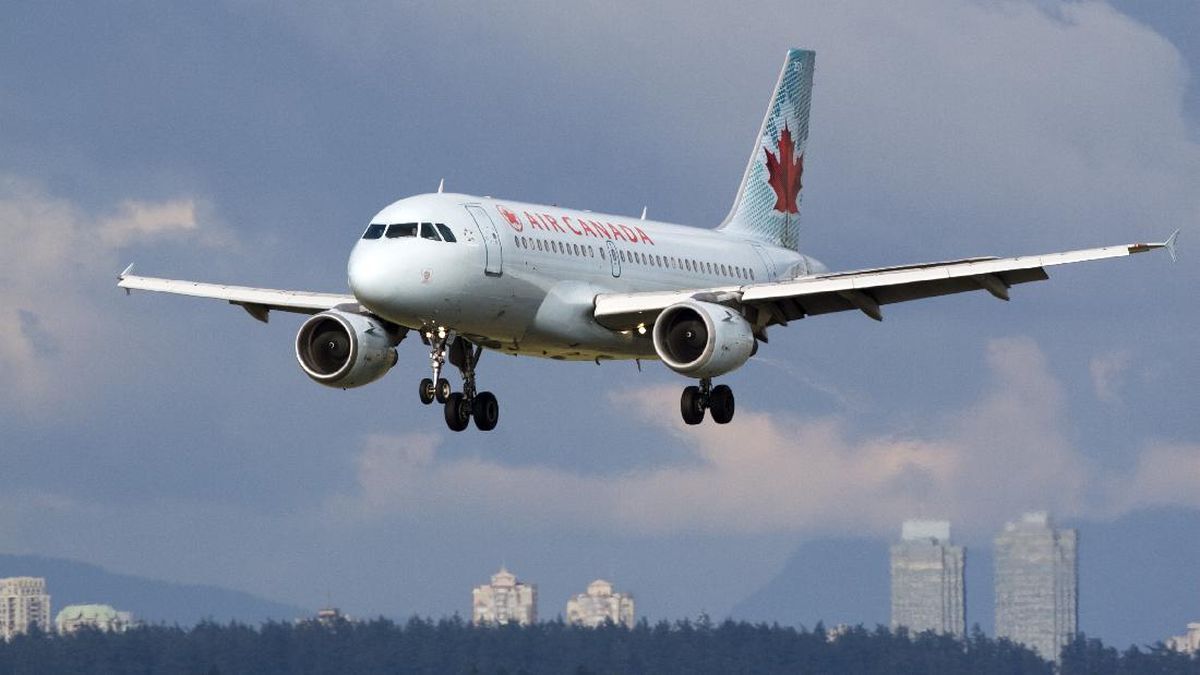Kerry Stokes wasn’t born with a silver spoon and, unlike his contemporaries Rupert Murdoch and Kerry Packer, didn’t get a leg up from his father. In fact, he never met him.
The billionaire, who installed television antennas before striking it rich in property development, has presided over a unique amalgamation of businesses that speak to his path to riches.
From selling heavy equipment to buying TV stations, and running the show at Seven Network for three decades, Stokes is a unique media mogul and certainly the last of his kind in Australia. Interestingly, the bulk of his wealth comes from everything other than his television stations and newspapers.
The 85-year-old, now worth $10 billion, this week signalled the end of a storied media career as his once dominant TV network gets ready to be swallowed up by Triple M owner Southern Cross Austereo.

Seven’s TV business is a shadow of its former self and is kept alive by AFL broadcasts and the nightly news.Credit: Marija Ercegovac
Always the smaller fish compared to Murdoch and Packer, his media companies never quite managed to have the same swagger, and his four marriages don’t match Murdoch’s five, but Stokes was always the one to call shots when it came to his businesses, media or otherwise.
Loading
While he will leave an indelible dent in the media landscape, the last few years of his reign as Seven’s controlling shareholder and chair have been rough.
There has been a culture crisis to contend with at Seven (Nine, the owner of this masthead, had one too), that laid bare the unsavoury inner workings at the Seven Network. Its cutthroat, win-at-all-costs culture, characterised by frat boy antics, led to lots of negative scrutiny and a string of senior executives leaving the network.
Stokes’ remedy to the situation was to install his trusted lieutenant and the then editor-in-chief of The West Australian newspaper, Anthony De Ceglie, as the new head of news for Australia’s second-largest commercial TV network.
The 38-year-old De Ceglie, who had never worked in television, was given the keys to the kingdom by Stokes, and the move backfired almost immediately.
Having arrived in Sydney with a remit to clear out the dead wood and try some left-field gimmicks, such as comedy and horoscopes during the news, De Ceglie won very few friends in Sydney. The gimmicks were universally panned and, with ratings starting to falter, De Ceglie was out the door after 13 months.
Then there was Stokes’ role in the defamation trial of the century, as he backed Victoria Cross recipient Ben Roberts-Smith financially in his defamation battle against The Age, Sydney Morning Herald and The Canberra Times. While Stokes was forced to pay $13.5 million to Nine after an ultimately futile court battle, the overall cost of backing Roberts-Smith to the hilt undoubtedly cost Stokes a lot more than that.

Kerry Stokes, Ben Roberts-Smith and Ryan Stokes.Credit: Luke Marsden
When Roberts-Smith began his legal case against the newspapers in 2019, a year after a series of investigations named him committing war crimes while on tour in Afghanistan, Stokes opted to fund his legal case through his private company, Australian Capital Equity (ACE).
Stokes had hired Roberts-Smith in 2015 as the company’s general manager in Queensland. A lifelong advocate for those who’ve served in the armed forces, Stokes was chair of the Australian War Memorial at that time, a position he held for 15 years.
“Ben Roberts-Smith is innocent and deserves legal representation, and that scumbag journalists should be held to account. And quote me on that,“ Stokes said after Seven West’s annual general meeting in 2022.
But backing his people and giving second chances has always been a big part of what makes Stokes tick. From Bruce Lehrmann (who allegedly raped Brittany Higgins in Parliament House) to Craig McLachlan (who, in January 2018, was accused of sexually harassing female performers during a 2014 stage production of The Rocky Horror Show and later acquitted), Seven Network has always made a point of giving prominent men a second chance and the space to air their side of the story.
Stokes’ Seven Group Holdings – which also holds businesses like building material maker Boral and mining/construction equipment dealer WesTrac – is one built on hard graft and patience. However, as Stokes gets closer to handing over the reins, the writing is on the wall for Seven West Media.
Its financial footprint is a fraction of the past, as it sits on a “house of cards” of debt and revenue, hamstrung by a cripplingly expensive AFL deal it is committed to until 2031, according to a former executive speaking on the condition of anonymity.

Seven Group Holdings’ boss Ryan Stokes has always been more pragmatic about the media business.Credit: Louise Kennerley
It was late to the party on streaming, and Stokes’ pride and joy, The West Australian newspaper, has become a parochial and predictable voice in a one-paper town.
The TV business is kept alive by AFL broadcasts and the nightly news and the proposed deal with Southern Cross, which brings Seven’s TV business and The West Australian together with Triple M, the Hit Network and digital audio platform LiSTNR, values Seven West Media at just 13¢ a share, a far cry from the near $15 a share it was trading at in 2007.
Unlike the Murdochs, who have just resolved a vicious succession battle to ensure the future of their media empire, Stokes will walk off into the sunset with question marks over the future of Seven’s media interests.
While his son, Ryan Stokes, will retain a board seat on the consolidated Seven-Southern Cross company, the family’s stake in it will be cut from 40 to 20 per cent.
It leaves the door open for future reduction and Ryan, unlike his father, has a far more pragmatic approach to media. He understands the power of its influence but is also acutely aware that Seven has increasingly become a small fish in a pond now inhabited by giants.
The Business Briefing newsletter delivers major stories, exclusive coverage and expert opinion. Sign up to get it every weekday morning.
Most Viewed in Business
Loading

